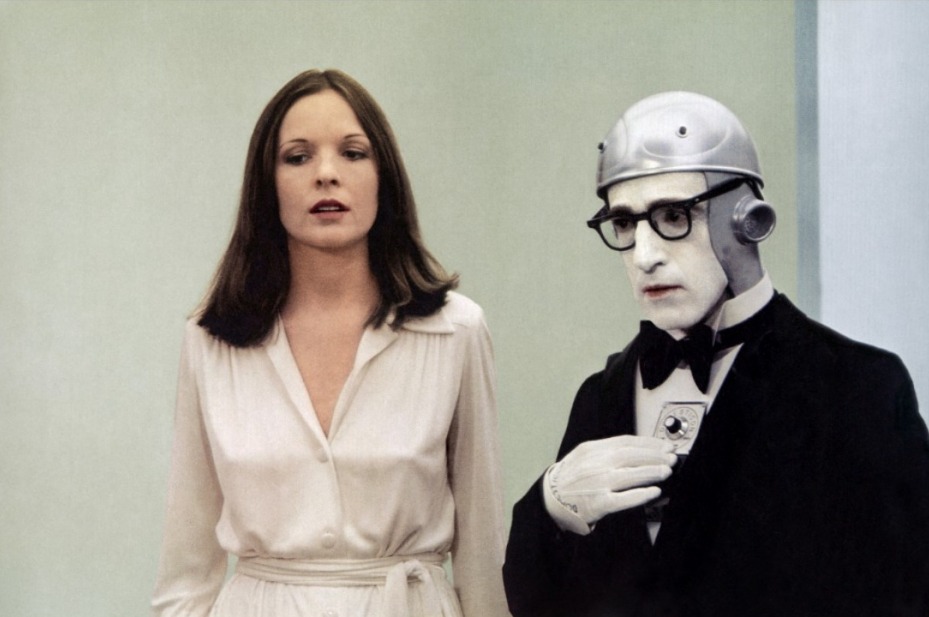In a Techcrunch piece, Vivek Wadhwa identifies 2016 as a technological inflection point, naming six fields which he believes will see significant progress, promising the next 12 months “will be the beginning of an even bigger revolution, one that will change the way we live, let us visit new worlds, and lead us into a jobless future.”
I don’t know for most of the areas he mentions that this year will be any more important than 2015 or 2017. Consider the example of space exploration. Perhaps in 2016 private companies or government will accomplish something more impressive than the Falcon 9 landing or maybe not. Even if they do, it will be part of an incremental process rather than a radical breakthrough. Life on Mars will get nearer every year.
Wadhwa’s best bet, I think, is in the area of driverless cars, which will likely move much closer to fruition based on tests done this year. The writer is more measured with robotics, believing the industrial kind is on the cusp of major advances, but personal assistants still have a ways to go. An excerpt:
The 2015 DARPA Robotics Challenge required robots to navigate over an eight-task course simulating a disaster zone. It was almost comical to see them moving at the speed of molasses, freezing up, and falling over. Forget folding laundry and serving humans; these robots could hardly walk. As well, although we heard some three years ago that Foxconn would replace a million workers with robots in its Chinese factories, it never did so.
The breakthroughs may, however, be at hand. To begin with, a new generation of robots is being introduced by companies such as Switzerland’s ABB, Denmark’s Universal Robots, and Boston’s Rethink Robotics—robots dextrous enough to thread a needle and sensitive enough to work alongside humans. They can assemble circuits and pack boxes. We are at the cusp of the industrial-robot revolution.
Household robots are another matter. Household tasks may seem mundane, but they are incredibly difficult for machines to perform. Cleaning a room and folding laundry necessitate software algorithms that are more complex than those to land a man on the moon. But there have been many breakthroughs of late, largely driven by A.I., enabling robots to learn certain tasks by themselves and teach each other what they have learnt. And with the open source robotic operating system, ROS, thousands of developers worldwide are getting close to perfecting the algorithms.
Don’t be surprised when robots start showing up in supermarkets and malls—and in our homes. Remember Rosie, the robotic housekeeper from the TV series The Jetsons? I am expecting version 1 to begin shipping in the early 2020s.•
Tags: Vivek Wadhwa

